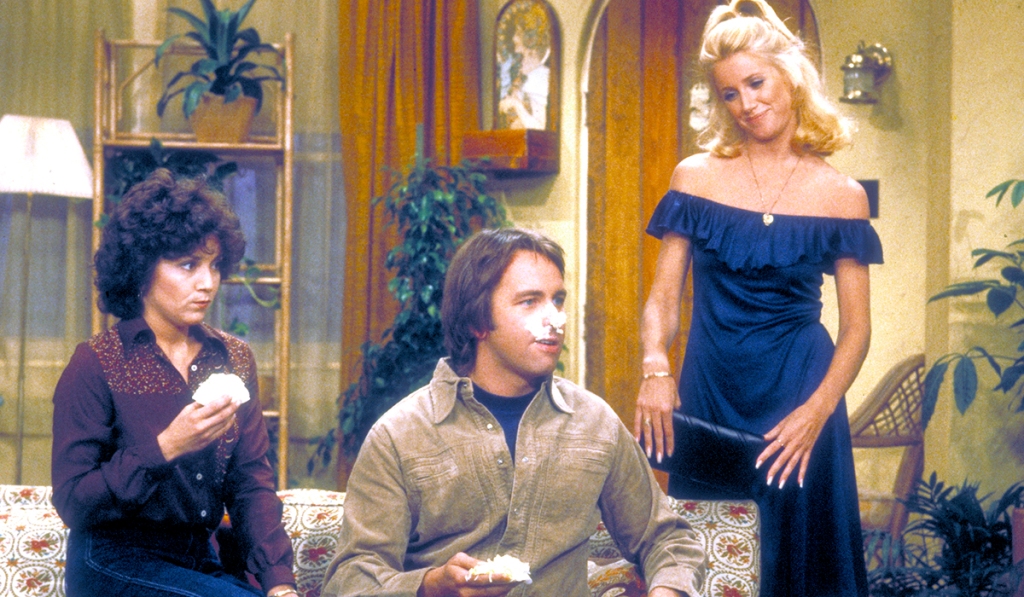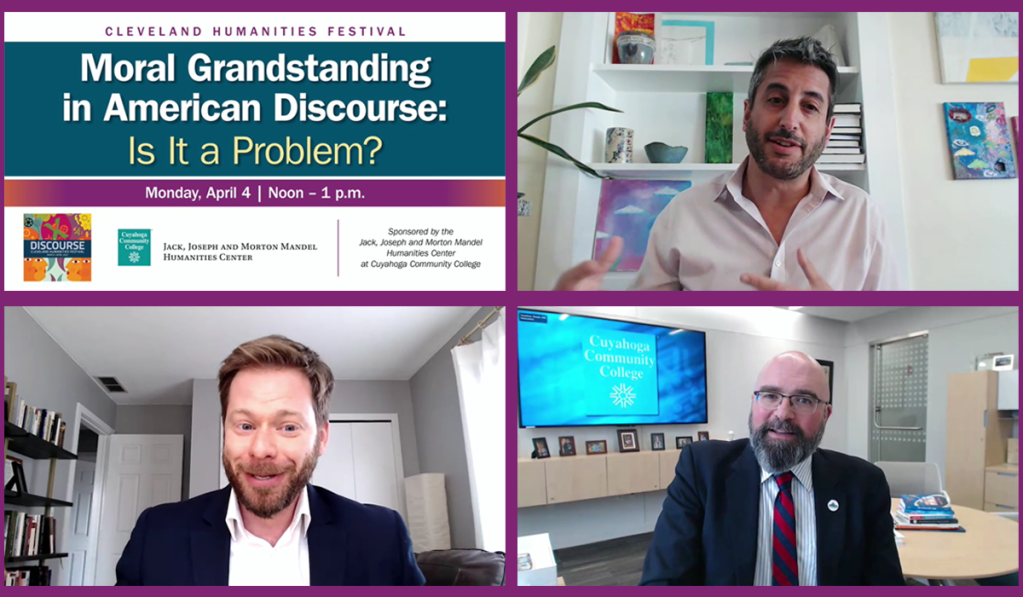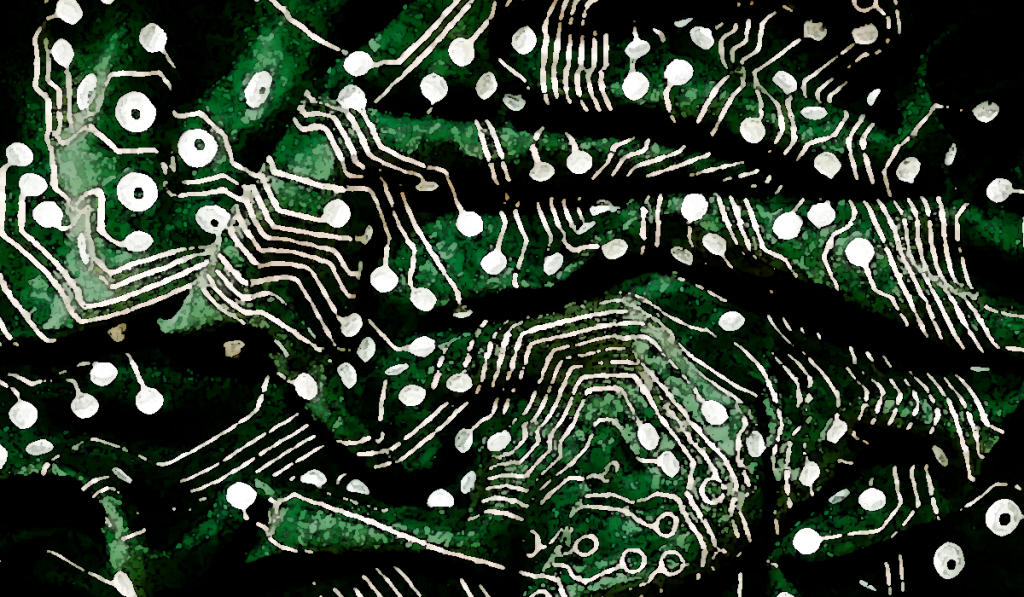Philosophers lately have been writing about what is the proper reaction to Donald Trump’s COVID-19 diagnosis. Mostly, they have taken to writing how it is wrong to wish that the course of his illness goes badly for him.
For example, Sasha Mudd, assistant professor of philosophy at Pontificia Universidad Católica de Chile, writes in an op-ed in The New York Times: “I am not debating whether it is morally wrong to wish for the president’s death. It is wrong. Full stop.”
Brendan de Kenessey, assistant professor of philosophy at the University of Toronto, writes in an op-ed in The Washington Post: “We should not want Trump to suffer from a disease.”
Mudd’s and de Kenessey’s arguments are different, but they each talk about the rightness or wrongness of wishing or wanting someone—in this case, Trump—to suffer harm. This is kind of a mistake.
It may be wrong to harm someone, even someone who has acted wrongly themselves. My neighbor may often yell loudly late into the night, annoying me and everyone around him. It would be wrong of me to silence him by giving him a poison that makes him unable to speak. But it doesn’t follow from the wrongness of poisoning him in order to permanently silence him that it is wrong to just wish for him to be permanently silenced.
Generally, it doesn’t follow from the wrongness of me bringing about some state of affairs that it is wrong for me to wish for that state of affairs.
Why not? The answer has to do with what a wish is.

1. Wishes, Like Other Desires, Are not Chosen
The first thing to note is that a wish is a kind of desire. As we’ll see later, wishes are different from other kinds of desires, but for now what matters is what they have in common with other desires: they are not chosen.
The ideas of right and wrong are about what one should do, what one is permitted to do, and what one shouldn’t do. They are categories applied to actions that an agent may choose, such as whether to tell the truth or lie, or whether to steal something, or whether to cheat or play by the rules, and so on. They don’t apply to an agent’s unchosen circumstances or involuntary activities or behavior about which they have no choice. Someone hasn’t acted wrongly if they are born disabled or not, or born into a poor or wealthy country. They haven’t acted wrongly by breathing or sweating or feeling pain or having a thought enter their mind.
To talk about desires being right or wrong, then, is to presume that they are chosen. And the thing is, most desires are not chosen. We have almost no control over the desires that appear to us, and only incomplete and indirect effects on ridding ourselves of certain desires or avoiding them. Desires of all sorts appear to all sorts of people owing to all sorts of stimuli in ways we don’t quite understand or know how to influence. Except in unusual circumstances, we don’t choose them, and so we do not talk about having them as being right or wrong.
We do talk about the rightness and wrongness of choosing to act on certain desires, but that’s distinct from having the desires themselves. We also talk about whether it’s good or bad for people to have certain desires, either good or bad for themselves, for others, for the world, etc., and good or bad in both moral and nonmoral ways (such as a desire for power over others having morally bad effects or a desire for sugary foods being unhealthy). But that, too, is distinct from it being right or wrong to have certain desires. And we do talk about it being right or wrong to express one’s desires, but note that we are now talking about a choice of what to do, not the mere having of a desire.
One reason it’s a mistake to think that it’s wrong to wish that Trump suffer is that wishes are a kind of desire and generally, desires, being unchosen, are not the kinds of things that can be wrong.
2. Wishes, Unlike Other Desires, Are Disconnected from Reasons for Action
The second reason to think there’s a problem with the idea that wishing harm to somone is wrong has to do with the way that wishes are different from other desires.
A wish is a kind of desire, but is different from typical desires. What marks a wish out from other kinds of desires is its disconnection from our reasons for action.
If you have what we can call an “ordinary desire” for, say, popcorn, you (a) have both an idea of how you’d like the world to be (one with you having popcorn) and you (b) take yourself to have a reason to make the world that way (say, by making popcorn). This is the case even if you end up not making yourself popcorn because of a countervailing reason (say, you don’t want to spoil your appetite for dinner).
If you have, instead, a wish for popcorn, then you have that first part—the idea of how you’d like the world to be (one with you having popcorn)—but you don’t have the second part; you don’t take yourself to have a reason to make the world that way (say, by making popcorn). You’d be delighted if by magic some popcorn suddenly appeared, but the wish for popcorn plays no role in any action you are taking that’s aimed at acquiring popcorn.
Our everyday conversations don’t always track this distinction between ordinary desires and wishes, but I think that’s just because everyday conversations reasonably lack precision, not because the distinction is all that revisionist. It seems to me that most anyone wishing that Trump suffers from his illness is wishing for it in the sense I’ve articulated here. They don’t take that wish to play any role in supporting reasons for action aimed at making it the case that Trump suffers from his illness.
If the mental state of having of a wish isn’t even connected to any reasons for action aimed at the object of that wish, it is hard to see what the basis of calling the wish wrong (or right) could be.
Judgments of right or wrong apply to choices to act. In the previous section, it was the fact that wishes are unchosen that makes them unsuitable subjects for judgments of right or wrong. Here, I’m drawing attention the fact that wishes are not about taking action. That, too, renders them unsuitable subjects for judgments of right or wrong.
(I happen to think that this latter consideration is sufficient, such that even if some wishes are chosen, their status as disconnected from reasons for action is enough to insulate them from judgments of right and wrong, but I won’t argue for that here.)
3. Wishes Are not Magic
If merely having a wish for some state of affairs to come about made it more likely that that state of affairs would come about, then wishing for a state of affairs in which someone is harmed, thereby making it more likely that that someone is harmed, might indeed be wrong.
But wishes aren’t magic.
—
I’ve argued that talk about the rightness or wrongness of wishes is a kind of category mistake. But to say that wishes are not the kind of thing that can be wrong to have is not to deprive us of the means by which to make judgments about them. As I noted above, it may be good or bad for various reasons that certain people have certain desires or wishes. We might ask, then: is it bad to have wishes that Trump suffer? I think that’s a rather complicated question with lots of moral and empirical factors to consider, and can’t answer it here. For now, it’s enough to recognize that a ‘yes’ answer to this question doesn’t imply that it’s wrong to wish that Trump suffer.












Leave a comment